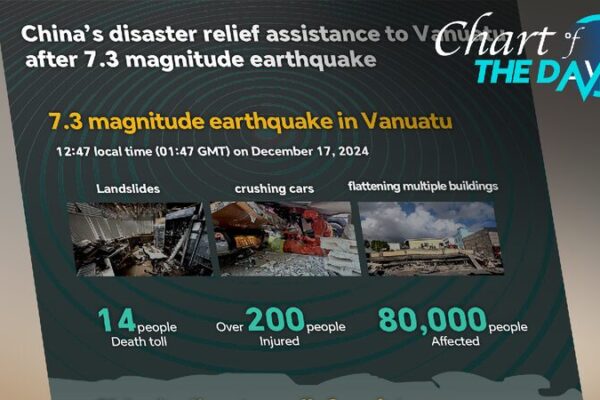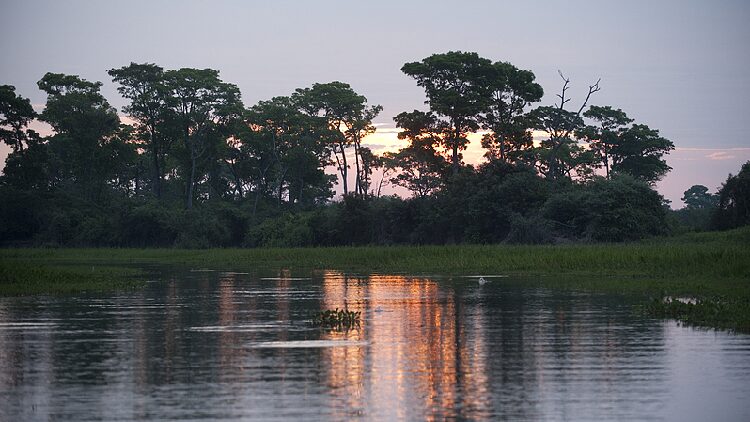The United Nations’ top court is making history as it opens the largest case ever brought before it, focusing on climate change and the legal obligations of nations worldwide. Over the next two weeks, the International Court of Justice (ICJ) in The Hague will hear from 99 countries and more than a dozen intergovernmental organizations in a landmark case that could shape global climate action.
This unprecedented legal initiative was driven by small island nations like Vanuatu, which face the existential threat of disappearing under rising sea levels caused by global warming. In the last decade, sea levels have risen by an average of 4.3 centimeters globally, with some Pacific regions experiencing even higher increases. The Earth’s temperature has risen by 1.3 degrees Celsius since pre-industrial times due to the burning of fossil fuels.
The UN General Assembly requested the ICJ’s advisory opinion on the “obligations of states in respect of climate change.” The court will seek to answer two critical questions: What are countries legally required to do under international law to protect the climate and environment from human-caused greenhouse gas emissions? And what are the legal consequences for governments whose actions or inactions have significantly harmed the climate and environment, especially for small island developing states and future generations?
While the ICJ’s advisory opinions are not legally binding, they carry significant weight and can influence international law and policy. A definitive legal statement from the world’s highest court could serve as a foundation for future lawsuits and shape national and international climate strategies.
This case comes at a crucial time. Last month, during the UN’s annual climate meeting, countries agreed to form a fund to support vulnerable nations facing climate disasters. Wealthy nations pledged to contribute at least $300 billion annually by 2035. However, this figure falls short of the $1.3 trillion that experts and threatened nations say is necessary.
The ICJ judges were briefed by the Intergovernmental Panel on Climate Change (IPCC) to understand the scientific realities of rising global temperatures. This demonstrates the court’s commitment to grounding its deliberations in the latest scientific knowledge.
The outcome of this case could set a precedent for how international law addresses climate change. Previous rulings, such as the UN tribunal on maritime law recognizing carbon emissions as marine pollution and the European Court of Human Rights urging countries to protect citizens from climate consequences, indicate a growing legal acknowledgment of climate responsibilities.
As the world watches, the ICJ’s proceedings represent a critical moment in the global fight against climate change. The voices of vulnerable nations are being amplified on the international stage, calling for legal accountability and meaningful action to protect the planet for current and future generations.
Reference(s):
cgtn.com








